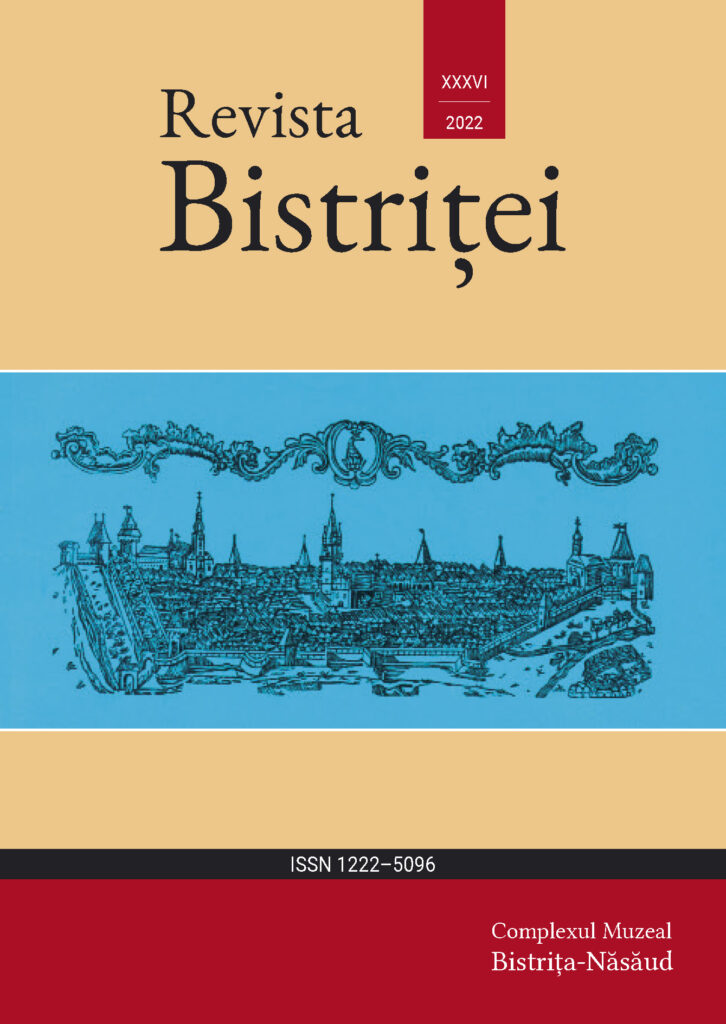Aspecte privind orașul Turda și activitățile legate de exploatarea sării în evul mediu (sec. XI–XVI)
Aspects regarding the town of Turda and the activities related to the exploitation of salt in the Middle Ages (XI-th–XVI-th centuries)
Author(s): Adrian SzakacsSubject(s): History, Economic history, Local History / Microhistory, Ancient World, 16th Century, Prehistory
Published by: COMPLEXUL MUZEAL BISTRIȚA-NĂSĂUD
Keywords: Turda (Torda); Mureș river; salt deposit; salt exploitation; salt transportation
Summary/Abstract: Salt has been mined continuously at Turda, most likely since the Neolithic. The first information about the exploitation of salt in Turda originates from a geographical note in 1177 on the estate of the chapter (of the monastery of St. Martin) in Arad the hill of the mine, Aknahege was mentioned. Walloon miners (guests) were brought from Western Europe for the exploitation of salt in the north-east of Turda (at Băile Sărate [Sósfürdő] and Durgău–Valea Sărată [Dörgő-SósVölgye]). After the devastation of the Mongols in the north of Turda (1285), the guests (hospes) were relocated to Thorda Akna (in the Durgău–Valea Sărată area). According to documents from 1291, the miners were renewed the early privileges lost in the sacking of the burned fortress of Mykud of Kökényes-Radnót. The Turda Salt Administration (Salt Chamber) had in its heritage the two salt mines, the Salt Storehouse, agricultural lands and various other properties. Through the branch from Vurpăr (magh., Borberek; ger., Burgh-berg), and then through the storage from Decea, the salt was distributed on the Mureș River to the city of Szeged. After the liberalization of the salt trade by Louis II (1506–1526) on February 17, 1521, private individuals also got involved in the carriage of salt to Partium and inner Hungary (the tax still remaining with the monopoly on Mureș river). The monetary circulation on the territory of the city of Turda in the Arpadian and post-Arpadian period was closely related to exploitations and salt transactions.
Journal: REVISTA BISTRIȚEI
- Issue Year: XXXVI/2022
- Issue No: 36
- Page Range: 178-205
- Page Count: 28
- Language: Romanian

